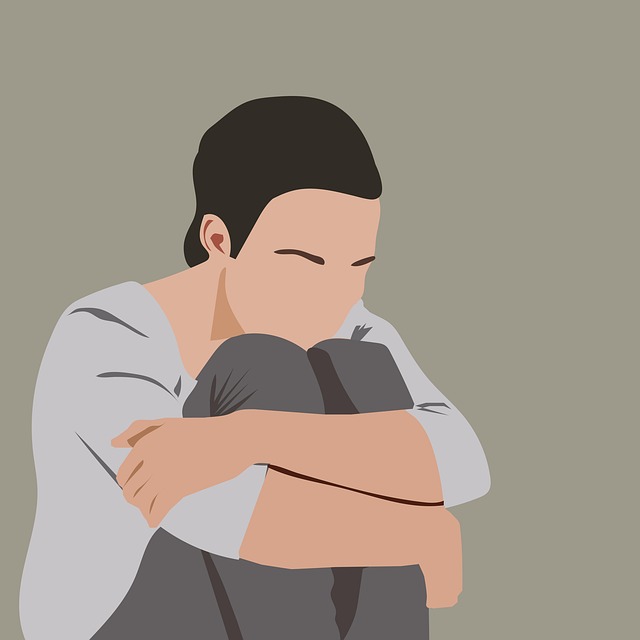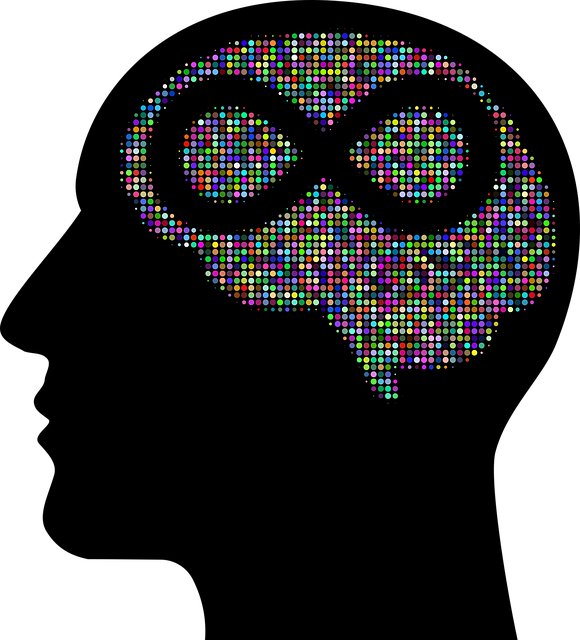Centennial Independent Medical Evaluations Therapy leverages the RFM (Resilience, Flexibility, Motivation) framework for a holistic mental health approach. This model assesses internal resources and coping mechanisms, reducing stigma and focusing on emotional intelligence, support networks, and stress management. Integrating practices like Mind Over Matter Principles, mindfulness meditation, and self-care routines builds resilience and enhances overall well-being. The therapy's inclusive strategy, including cultural competency training and compassion cultivation, benefits both patients and healthcare providers within the community.
Resilience is a powerful tool for mental health recovery, especially when coupled with effective assessment methods. This article explores the Revolutionary RFM (Resilience, Flexibility, and Mastery) framework, a comprehensive approach to understanding and enhancing resilience. We delve into its components, including the role of Centennial Independent Medical Evaluations in therapy, practical exercises fostering adaptability, and strategies for integrating RFM into treatment plans. Discover how these methods can empower individuals to navigate life’s challenges with greater ease.
- Understanding RFM: A Framework for Resilience Assessment
- The Role of Centennial Independent Medical Evaluations in Therapy
- Practical Resilience Building Exercises and Their Benefits
- Integrating RFM into Comprehensive Treatment Plans
Understanding RFM: A Framework for Resilience Assessment

Resilience is a key factor in mental well-being and overall life satisfaction, especially as we navigate through challenging times. Understanding an individual’s resilience, however, requires a structured approach. This is where the RFM (Resilience, Flexibility, and Motivation) framework steps in as a powerful tool for assessment. By examining these three dimensions, professionals can gain valuable insights into an individual’s ability to cope with adversity and bounce back from setbacks.
The RFM model offers a holistic perspective on mental health, going beyond traditional diagnoses. It considers the unique ways people approach and respond to stress, focusing on their internal resources rather than solely on symptoms of mental illness. This framework is particularly relevant in light of stigma reduction efforts, as it promotes understanding and empathy. For instance, a Community Outreach Program Implementation centered around RFM could foster emotional intelligence by teaching individuals to recognize their own resilience and that of others, thereby strengthening support networks and reducing the impact of social isolation—a key factor in many mental health challenges.
The Role of Centennial Independent Medical Evaluations in Therapy

Centennial Independent Medical Evaluations play a pivotal role in therapy by providing an unbiased and comprehensive assessment of an individual’s physical and mental health. These evaluations, conducted by qualified professionals, offer valuable insights into a patient’s overall well-being, especially in relation to their ability to manage stress and adversity. By integrating this data into therapeutic practices, healthcare providers can tailor treatments more effectively, focusing on building resilience through targeted interventions.
In times of crisis or when facing challenging life circumstances, the skills acquired through Self-Care Practices and Crisis Intervention Guidance become indispensable. Centennial Independent Medical Evaluations help identify areas where an individual might require additional support to develop robust Coping Skills. This proactive approach ensures that therapy is not just reactive but empowering, enabling individuals to navigate life’s twists and turns with enhanced resilience.
Practical Resilience Building Exercises and Their Benefits

Resilience is a vital asset in navigating life’s challenges, and there are numerous practical exercises designed to build and strengthen this inner fortitude. These activities, often incorporated into therapy sessions, empower individuals to cope with adversity and foster a sense of well-being. One such powerful tool is the Mind Over Matter Principles, which encourages individuals to challenge negative thoughts and replace them with positive affirmations. This cognitive reframing technique helps in developing mental resilience, enabling folks to approach stressful situations with a calmer mindset.
Centennial Independent Medical Evaluations Therapy offers a range of exercises focusing on self-care, stress management, and emotional regulation. These practices may include mindfulness meditation, journaling, or even physical activities like yoga and exercise routines. Such activities not only promote relaxation but also enhance mood management skills, as recognized in the Mental Health Policy Analysis and Advocacy discussions. By engaging in regular resilience-building exercises, individuals can develop effective coping mechanisms, improving their overall mental health and well-being.
Integrating RFM into Comprehensive Treatment Plans

Integrating RFM (Resilience, Flexibility, and Mindfulness) into comprehensive treatment plans is a game-changer in healthcare, particularly for organizations like Centennial Independent Medical Evaluations Therapy. By weaving Self-Awareness Exercises, Healthcare Provider Cultural Competency Training, and Compassion Cultivation Practices into traditional therapy models, practitioners can create more holistic and effective care strategies. This approach acknowledges that resilience isn’t just about overcoming adversity; it’s about adapting to change, cultivating inner strength, and fostering compassionate connections with others.
Centennial Independent Medical Evaluations Therapy recognizes the importance of building these skills not only in patients but also in their healthcare providers. Training sessions focused on cultural competency ensure that every interaction is informed by empathy and understanding, creating a safe space for individuals to navigate complex emotional landscapes. As a result, RFM-integrated therapy becomes a powerful tool not just for recovery but for fostering overall well-being and resilience in both patients and the healthcare community at large.
Resilience, a key aspect of mental well-being, can be nurtured and strengthened through effective strategies. The RFM (Resilience, Flexibility, and Mastery) framework offers a structured approach to resilience assessment and has been enhanced by the valuable role of Centennial Independent Medical Evaluations in therapy. By incorporating practical resilience-building exercises into treatment plans, therapists can empower individuals to navigate challenges with greater adaptability and emotional agility. Integrating RFM principles ensures a comprehensive and tailored therapeutic journey, fostering long-term mental health and resilience.













